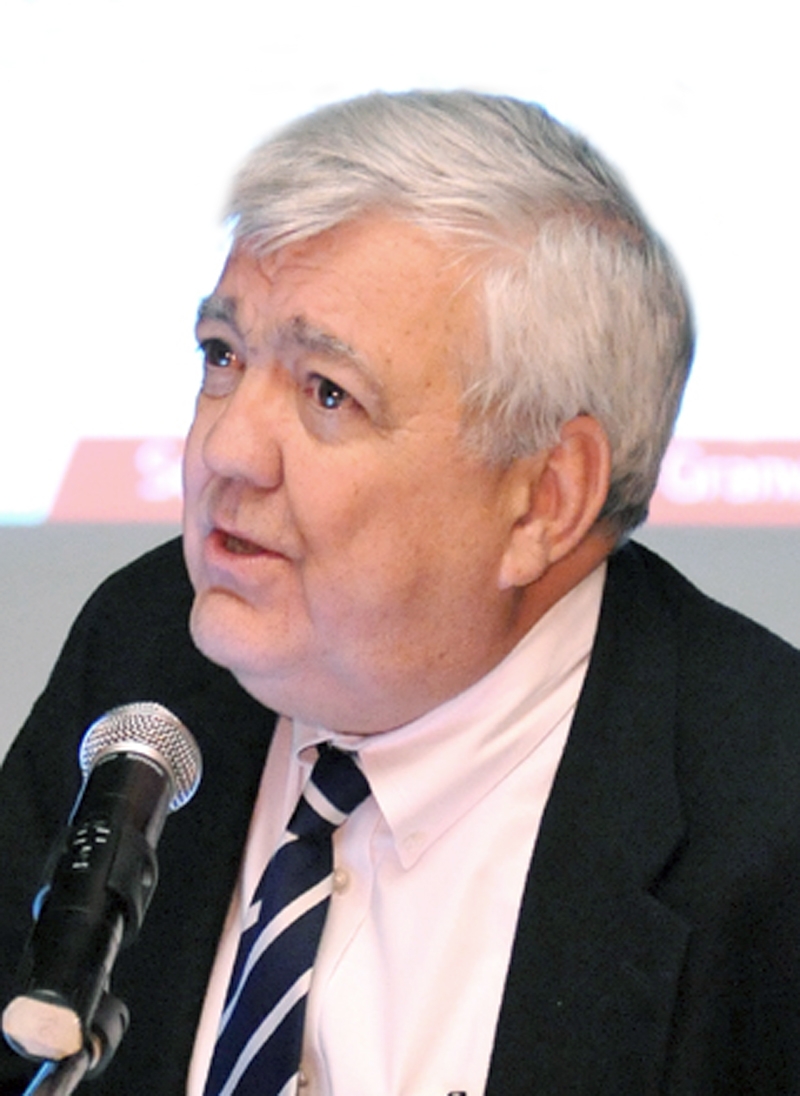SOUTHWICK – As school systems across the state continue discussions about MCAS (Massachusetts Comprehensive Assessment System)versus PARCC (Partnership for Assessment of Readiness for College and Careers), Education Commissioner Mitchell Chester has thrown another test into the mix.
“The commissioner has announced a third option,” Southwick-Tolland-Granville Regional Schools Superintendent John Barry said this week.
“It would allow for the Board [of Education] to vote for an option to allow MCAS to be revised,” he said. “They are supposed to make a decision next month.”
Mitchell sent a letter to superintendents, charter school directors, and principals Oct. 19 indicating a revision of MCAS he called MCAS 2.0 could be the best option.
Mitchell said he is considering “options for taking advantage of our access to PARCC to build MCAS 2.0.”
The MCAS, adopted in 1998, was designed to meet the requirements of the Education Reform Law of 1993. This law specifies that the testing program must: Test all public school students in Massachusetts, including students with disabilities and English Language Learner students; measure performance based on the Massachusetts Curriculum Framework learning standards; report on the performance of individual students, schools, and districts.
As required by the Education Reform Law, students must pass the grade 10 tests in English Language Arts (ELA), Mathematics and one of the four high school Science and Technology Engineering tests as one condition of eligibility for a high school diploma (in addition to fulfilling local requirements).
Mitchell said with nearly 20 years of MCAS under its belt, it could be time for the state to revise it instead of adopting something entirely new.
“Now that we have the benefit of two decades of experience and have upgraded our curriculum frameworks and content standards, it is time to upgrade our assessments,” he wrote.
The (PARCC) is a multi-state consortium working together to develop a common set of K-12 assessments in English and math anchored in what it takes to be ready for college and careers. These new K-12 assessments will build a pathway to college and career readiness by the end of high school, mark students’ progress toward this goal beginning in grade 3, and provide teachers with timely information to inform instruction and provide student support. In spring 2015, 54 percent of districts in Massachusetts will administer PARCC tests to students in grades 3-8.
PARCC states have committed to building a K-12 assessment system that: Builds a pathway to college and career readiness for all students; creates high-quality assessments that measure the full range of the Common Core State Standards; supports educators in the classroom; makes better use of technology in assessments, and advances accountability at all levels.
Massachusetts has assumed a significant leadership role in the design and development of the PARCC Assessments. Many districts across the state are testing PARCC, which is a computer driven test.
In January, Barry joined a group of 10 superintendents who sent a letter to the Board of Education stating that there is too much mandated testing.


